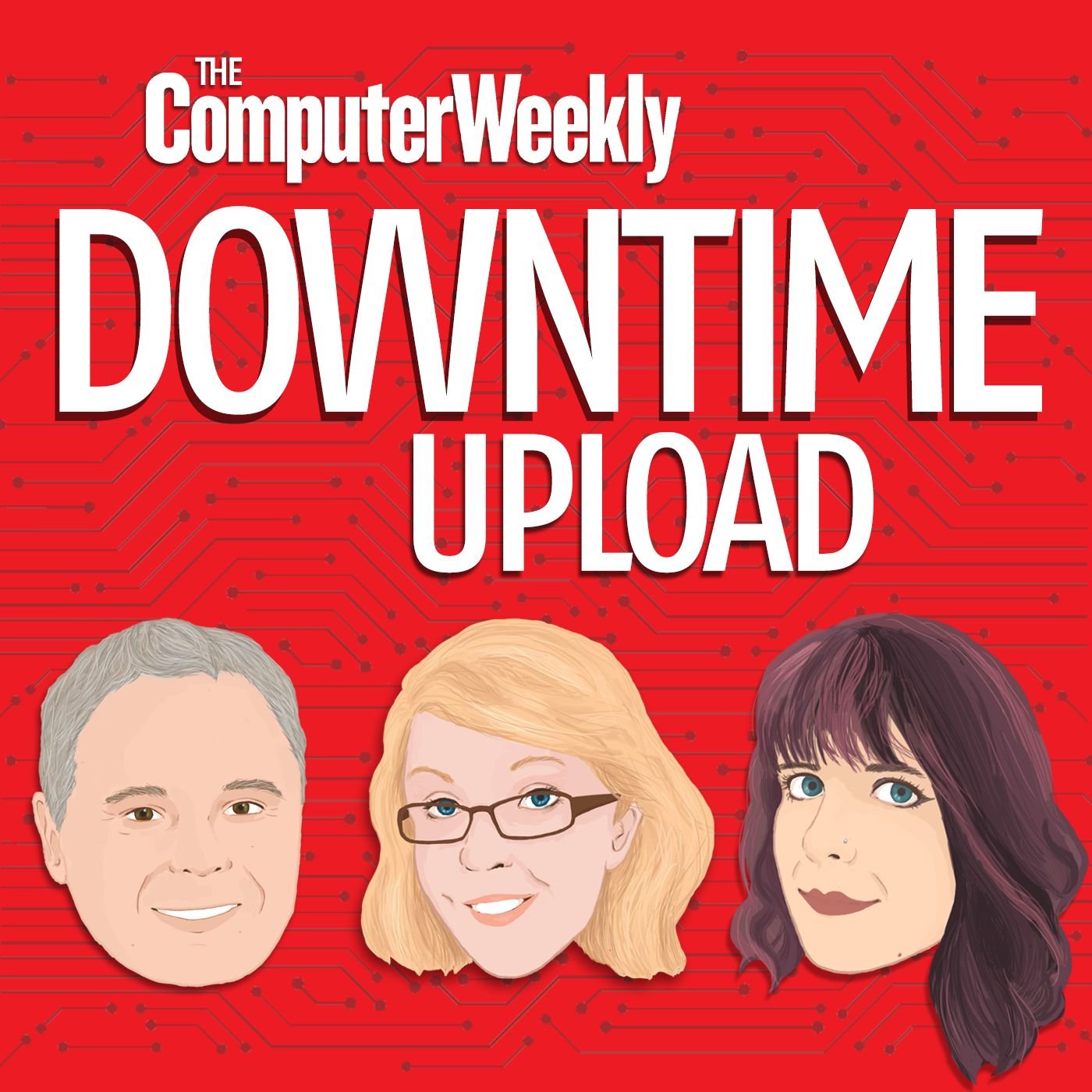
Getty Images
Accessibility: A Computer Weekly Downtime Upload podcast

CIO, Suleyman Gokyigit discusses his experiences of using screen readers to support blind and visually impaired users navigate websites and apps
Suleyman Gokyigit is CIO at Fire, a US organisation which defends the rights of free speech. He also works for crowd-testing company, Applause, where he is involved in accessibility testing.
Among the services Applause provides is the ability for companies that have developed new software or websites to check if they are meeting the design principles needed for accessibility. “Even if it's not an accessibility feature, companies want to make sure somebody who is blind can actually use the software or visit the website,” he says.
His work with Applause involves testing and performing a series of tasks on the website or software. His actions are recorded. “This could be something like going to this web page, logging and then creating a new order. I'm providing feedback the whole time, which allows these companies to understand,” he says.
As Gokyigit point out, a person with a screen reader does not use the mouse. “Software and websites should not be designed in a way where something has to be clicked on with the mouse. You have to be able to use a keyboard to move around and there should be ways of providing all the functionality with a keyboard,” he says.
Discussing his own personal journey with accessibility in software, Gokyigit says: “It has changed a lot over the years. I am completely blind and I use screen reading software on the computer.” When he was in elementary school, he used an Apple 2 and the only accessibility software available was a program that provided compatibility with just a handful of very specific applications. “It did truly basic things like typing. That's how I learned to type originally,” he says.
While the last three decades has seen vast improvements in accessibility since he first started using a PC at the age of 12 in 1991, Gokyigit is looking forward to Apple AI and how it promises to improve accessibility. “Apple is one of the first companies to start incorporating - at least theoretically - into iOS 18 and the new Mac OS the ability to do things like web page summaries. Summarising a web page is a lot more complicated than summarising a document because a document is purely content based, whereas a website also has actions that need to be performed,” he says.
Beyond the current use of AI, Gokyigit believes that challenges with software usability reaches beyond making software usable for people with disabilities. “The ability to have an actual conversation or being able to control your computer by speaking to it makes a lot of sense,” he says.


